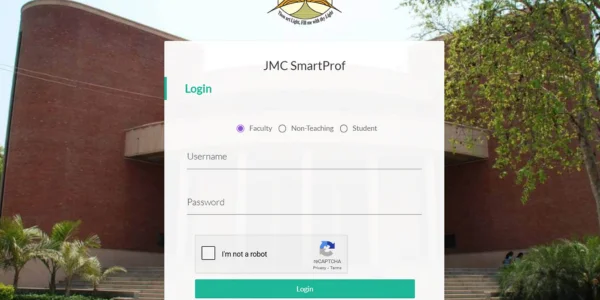ECE course full form is Electronics and Communication Engineering. It is an undergraduate engineering program that focuses on the study of electronic devices, circuits, communication equipment like transmitters, receivers, integrated circuits (IC), and the analog/digital transmission & reception of data.
Course Overview
The Bachelor of Technology (B.Tech) in Electronics and Communication Engineering is typically a four-year program divided into eight semesters. The curriculum encompasses both theoretical and practical aspects of electronics and communication systems. Key subjects include:
- Circuit Analysis and Design: Understanding the fundamentals of electronic circuits and their applications.
- Digital Electronics: Studying digital systems and logic design.
- Communication Systems: Exploring analog and digital communication techniques.
- Microprocessors and Microcontrollers: Learning about the architecture and programming of microprocessors.
- Signal Processing: Analyzing and processing signals for various applications.
- Electromagnetic Theory: Understanding the principles governing electromagnetic fields and waves.
The program also includes laboratory sessions, projects, and internships to provide hands-on experience and practical exposure to students.
Eligibility Criteria
To enroll in the ECE program, candidates generally need to meet the following criteria:
- Educational Qualification: Completion of 10+2 or equivalent examination with Physics, Chemistry, and Mathematics as core subjects.
- Minimum Marks: A minimum aggregate score of 50% in the qualifying examination, though this may vary by institution.
- Entrance Examinations: Admission is typically through engineering entrance exams such as JEE Main, JEE Advanced, or state-level entrance tests.
Prospective students should check the specific admission requirements of the institutions they are interested in, as criteria can vary.
Career Opportunities and Scope
Graduates of the ECE program have diverse career opportunities in various sectors, including:
- Telecommunication: Designing and managing communication networks.
- Consumer Electronics: Developing and testing electronic gadgets and appliances.
- IT Industry: Working in software and hardware development roles.
- Healthcare Equipment Manufacturing: Designing and maintaining medical electronic devices.
- Defense Services: Developing communication and surveillance systems.
- Research and Development: Engaging in innovative projects in electronics and communication fields.
The demand for ECE professionals is significant, given the rapid advancement in technology and the proliferation of electronic devices and communication systems.
Conclusion
The Electronics and Communication Engineering (ECE) program offers a comprehensive education in the principles and applications of electronic devices and communication systems. It equips students with the technical expertise and problem-solving skills necessary to excel in various industries, contributing to technological innovation and societal advancement.




